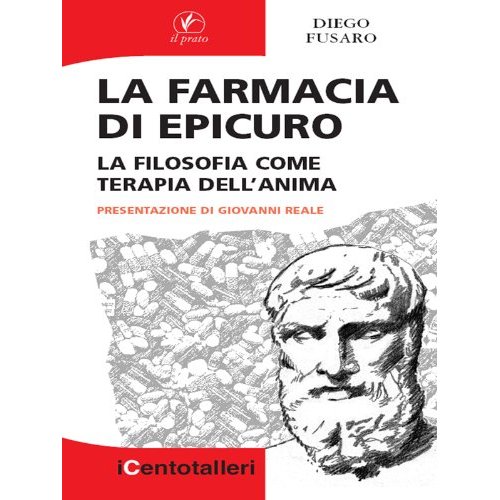Not what we have, but what we enjoy, constitutes our abundance… Nothing is enough for the man to whom enough is too little.
Epicurus’s notion of happiness has a decidedly Buddhist quality. Happiness is tranquility, and tranquility comes principally from putting aside worldly “hankerings” — ambitions for power, status, involvement in government, the pursuit of voluptuous sensory experiences, and the accumulation of material goods. Two of Epicurus’s most quoted maxims distill this idea: “Not what we have, but what we enjoy, constitutes our abundance” and, in its more admonitory form, “Nothing is enough for the man to whom enough is too little.”
Remarkably, Epicurus’s ideas about ataraxia — the freedom from mental anguish and disturbance that is required for true happiness—were more directly influenced by Buddhist thought than a twenty-first-century reader might imagine for a Greek philosopher of that epoch. Two of Epicurus’s early influences, Democritus and Pyrrho, had actually journeyed all the way to what is now India, where they had encountered Buddhism in the schools of the gymnosophists (naked teachers).
A parallel requirement for Epicurean happiness is freedom from fear of nature and from punitive gods. In his magnificent opus inspired by the philosophy of Epicurus, The Nature of Things, the Roman poet Lucretius reserved some of his highest praise for Epicurus’s brave resistance to religious tradition and its superstitious interpretations of natural phenomena. Epicurus was among the first of his time to make such a clean and decisive break with what he considered religious hocus-pocus. Interestingly, in Epicurus’s youth on the island of Samos, he often accompanied his mother, Chaerestrata, on her visits to peasants in her role as fortune-teller and faith healer. Apparently, Epicurus eventually saw more harm than benefit in his mother’s occupation. Continua a leggere

